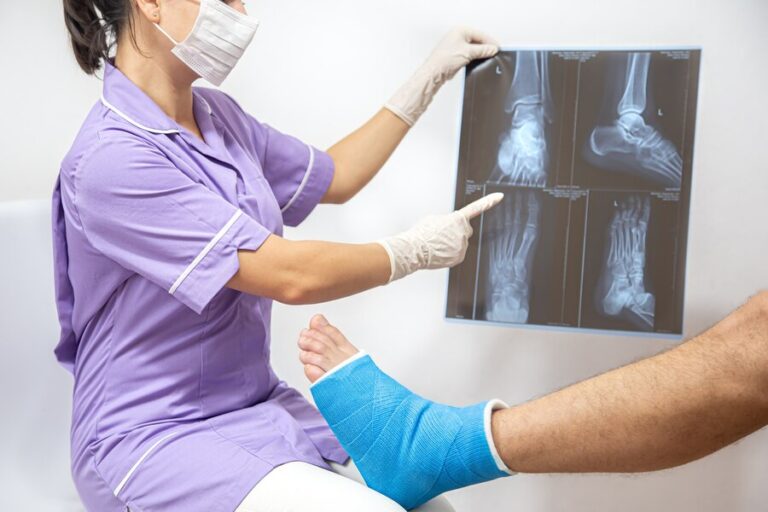Home > Fire Group Personal Accident Insurance
Group Personal Accident Insurance
Secure your employees' futures with Group Personal Accident (GPA) Insurance—your staff's safety net against accidental impairments or death.
What is Group Personal Accident Insurance?

Features of Group Personal Accident (GPA)
- Small to large organizations can avail themselves of GPA Insurance for their employees and board members.
- Coverage includes medical expenses, hospitalization
- In cases of permanent disability or death, an educational fund may be available for dependent children.
- Policy tenures generally last one year.
Who needs
Group Personal Accident Insurance?
Registered entities: such as companies, associations, educational institutions,
and government agencies should have GPA insurance for their employee’s.
Early-Stage Startups:
Even small startup teams can purchase GPA insurance,
an effective tool for attracting and retaining top talent.
SMEs As your company expands, managing insurance and employee benefits
becomes increasingly complex. GPA insurance helps you offer excellent medical
coverage to your employees.
Large Organizations Large organizations commonly provide GPA insurance to
their employees. Finvest India offers various benefits for such organizations,
covering all members uniformly, regardless of age, gender, or position.
Why get Group Personal Accident Insurance?

Benefits of Group Health Insurance
For Employers for Employees
Employee Financial Stability
Protect your team members from unpredictable life events by offering GPA insurance.
Employee Well-being
Providing benefits like GPA insurance fosters a sense of belonging among your team, which in turn increases productivity and creativity.
Employee Retention
In an age where companies are extending myriad benefits, retaining talent poses a formidable challenge. Group Personal Accident Insurance acts as a strong incentive, enhancing employee loyalty.
Coverages & Exclusions in
Here are some incidents covered under the policy






Exclusions
Generally, GPA insurance does not cover:
- Natural death
- Injuries caused by alcohol or drugs
- Acts of law violation
- War and nuclear perils
- Pregnancy or childbirth
- Ionizing radiation or radioactivity
About Group Health Insurance Policy
What is the difference between group med claim and retail health insurance?
Is medical insurance part of employees' expense?
How does claim admissibility vary by room type?
Is group health insurance for employee’s mandatory?
What determines the premium of group health insurance?
a. Number of individuals in the group
b. Gender distribution within the group
c. Average age of group members
d. Family composition of the employees
e. The occupation or industry nature of the group members
f. Specified coverage limits for the group policy
g. Chosen additional benefits
What is group insurance room rent capping?
How does group health insurance offer maternity benefits?
Pre and post-natal expenses:
a. Coverage often extends to 60 days before and 90 days post- hospitalization.
b. In-patient hospitalization: Hospitalization costs, such as doctor consultation fees, surgeries, and room rent, are covered.
c. Type of delivery: Both delivery types (natural and C-section) are included.
d. Vaccination costs: Expenses for baby vaccinations post-birth, aligned with the WHO schedule, are covered
e. Lawful pregnancy termination: Costs related to legal terminations fall under the maternity coverage. It’s crucial to review the insurance policy comprehensively to grasp the exact maternity benefits offered.
What distinguishes a cashless claim from a reimbursement claim in Group Health Insurance?
How do you file a cashless claim for Group Health Insurance?
a. Complete a pre-authorization form at the TPA counter during admission and notify your insurance company beforehand for ultimate approval.
b. Present necessary documents at the TPA counter, such as the cashless healthcare card from your insurer and KYC document copies for verification.
c. The insurance company, upon reviewing these documents, provides cashless approval for your hospitalization and retains all treatment-related documentation.
d. It's prudent to procure a personal copy of these documents for your records. Retain all medical reports, test outcomes, discharge summaries, etc., as they are pivotal for seamless claim processing and future referencing.
e. Cashless hospitalization enables the insurer to bear your treatment costs, with the policyholder account able for any charges not covered per insurance guidelines.

